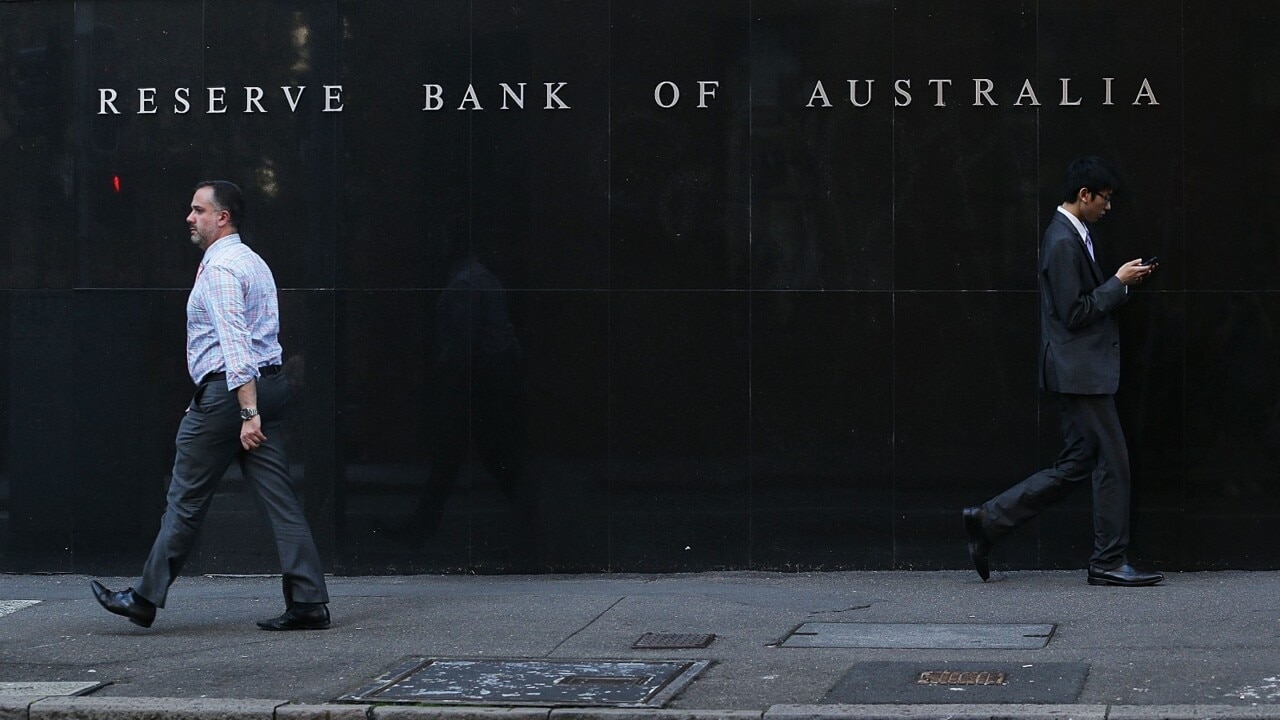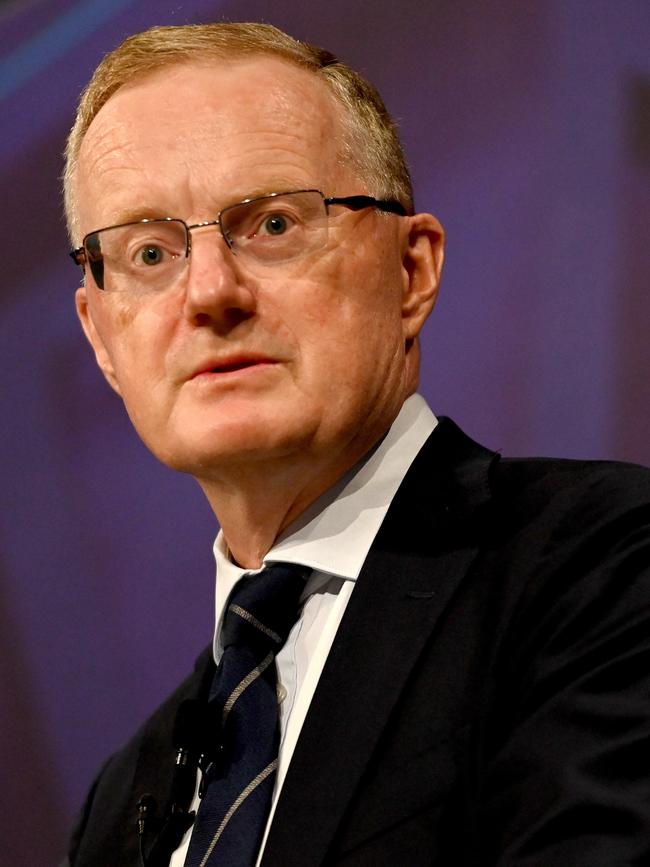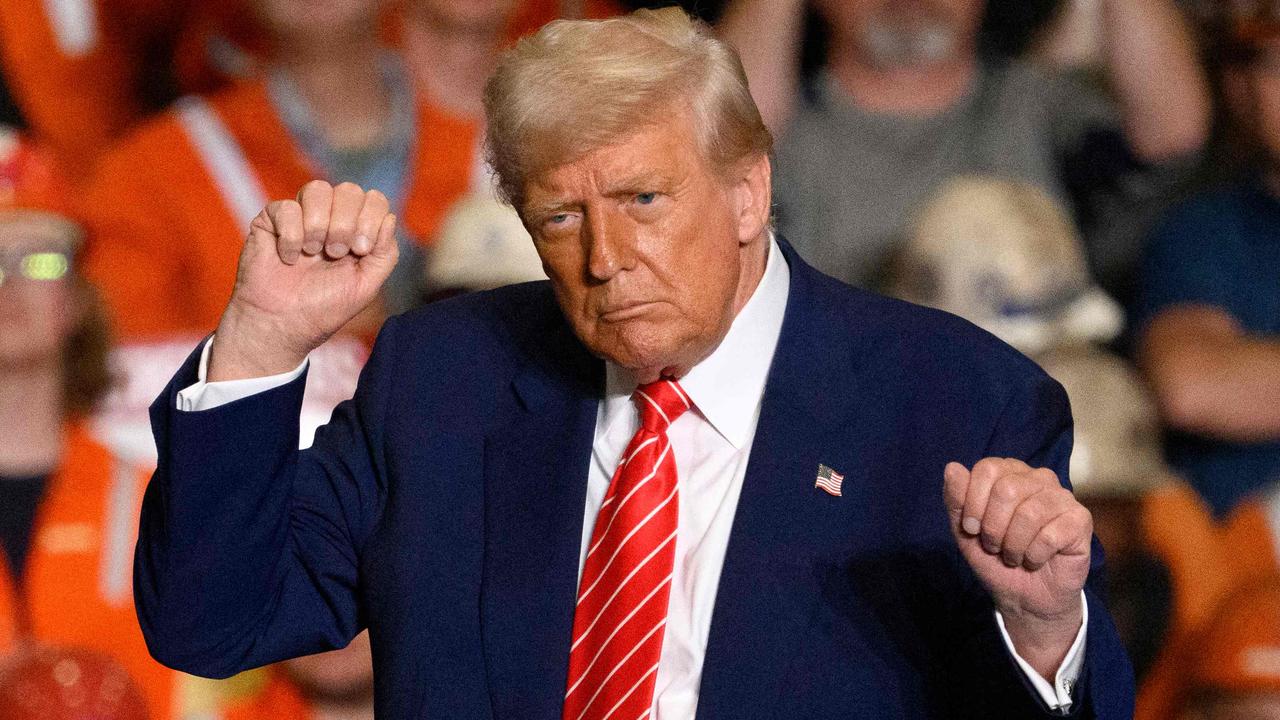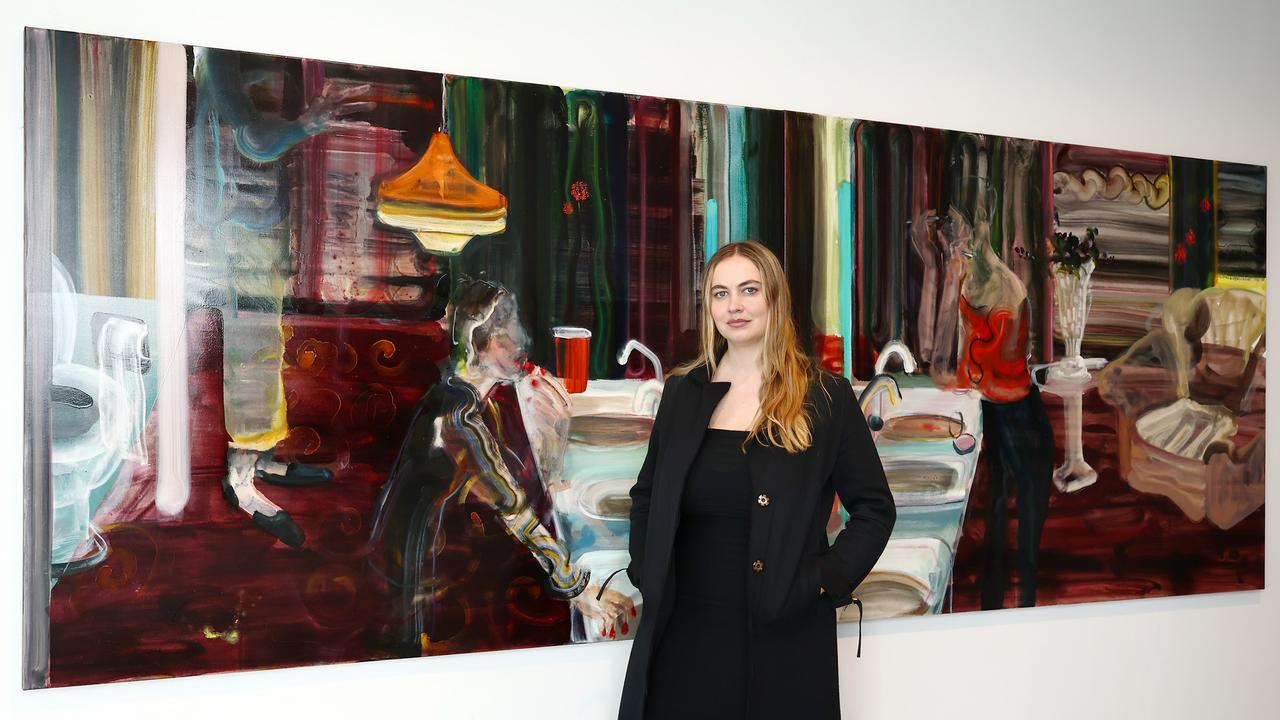Global inflation set to push up interest rates as central banks act
The world’s central banks are set to hike interest rates to quell supercharged inflationary pressures, as the Ukraine invasion triggers an upsurge in oil prices and living costs.

The world’s central banks are on the brink of hiking interest rates to quell supercharged inflationary pressures, as Russia’s invasion of Ukraine triggers an upsurge in oil prices and household living costs.
Soaring prices for energy, food and rents caused a 0.8 per cent jump in US inflation last month, with annual growth in the consumer price index hitting a 40-year high of 7.9 per cent, all but ensuring the US Federal Reserve will raise its funds rate next week, most likely by 25 basis points.
US President Joe Biden said “Americans’ budgets are being stretched by price increases and families are starting to feel the impacts of Putin’s price hike”.
Analysts said the US inflation figures do not yet include the full effect on commodity markets of the Ukraine war and sanctions on Russia, but reflect steadily rising prices due to loose monetary and fiscal policies to spur economic growth out of the pandemic recession.
The Bank of England is also expected to lift its policy interest rate on Thursday, given UK inflation is high and the jobs market is tight.
On Friday, Reserve Bank governor Philip Lowe again said an interest-rate increase was plausible this year and “it would be prudent for borrowers to plan for an increase”.
Dr Lowe told the Australian Banking Association conference in Sydney many borrowers and lenders had no experience of rising interest rates. The RBA has not raised its cash rate since 2010.
“So, for many borrowers, that’s going to come as quite an unwelcome development,” he said.

Westpac chief executive Peter King told the ABA gathering the major lender had stress-tested the effect of mortgage rate rises on customers, while borrowers had built up buffers. Westpac expects the central bank to make its first rate move in August.
Dr Lowe has maintained the RBA is prepared to sit on its 0.1 per cent cash rate until it is convinced underlying inflation is sustainably within its 2 to 3 per cent target zone. But on Friday he conceded the Ukraine war had “moved us closer to that point”.
“Inflation has been higher than we were expecting, the global supply chains are proving more contracted and taking longer to resolve than was widely thought likely, and in the last couple of weeks, the Russian invasion of Ukraine is pushing up commodity prices right across the board,” he said. “So given these developments, it is plausible that interest rates will increase this year.”
Financial markets are factoring in several rises in Australian official interest rates this year, with economists expecting the first move in June or August, after the federal election, which must be held by May 21 to preserve the poll cycles for the upper and lower houses.
Late on Friday evening, Dr Lowe was due to participate in a conference call with his central bank peers to discuss the impact on financial markets of the war in Europe and ensuing sanctions on Russia. Dr Lowe said he did not yet see a need for another co-ordinated policy response from central banks as occurred during the global financial crisis, when the world’s financial system experienced a liquidity shock.
“What there is a need to do is sit down and share information and talk about where things might go from here and we’ll do that tonight,” he told the ABA event.
“The assessment has kind of been, in the first couple of weeks, it hasn’t caused major dislocation in the financial system – it’s causing dislocation in Russia, but not in the global financial system, but it’s still early days. There’s a lot to come for these sanctions to work their way through the financial sector and we’ll look at that again tonight.”
Australian headline CPI is 3.5 per cent, with underlying inflation at an annual 2.6 per cent. ANZ Bank economists see headline inflation approaching 5 per cent by the middle of this year.
“On top of the devastating human costs of the conflict in Ukraine and flooding on Australia’s east coast, both events have inflationary effects,” they said.




To join the conversation, please log in. Don't have an account? Register
Join the conversation, you are commenting as Logout